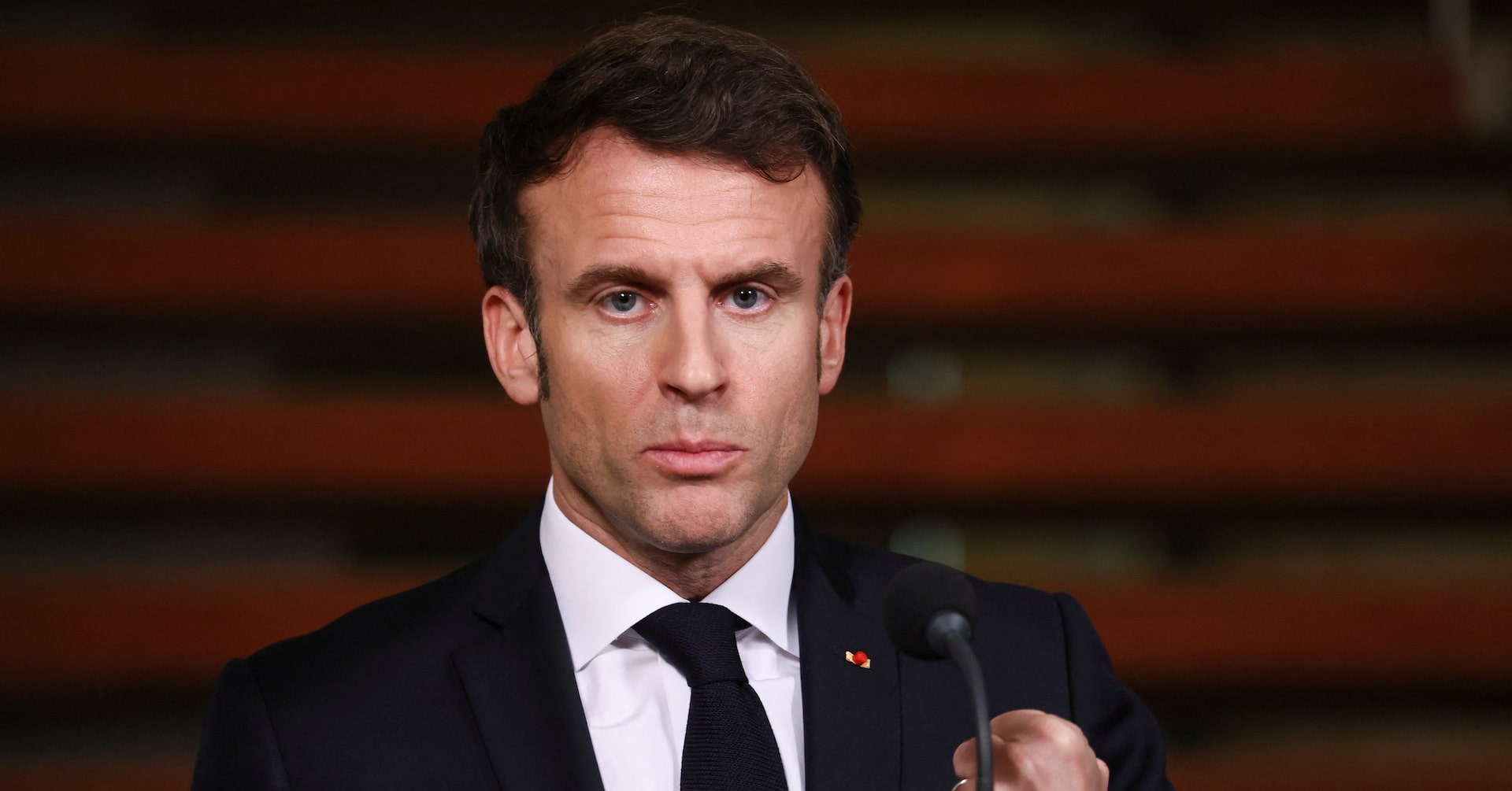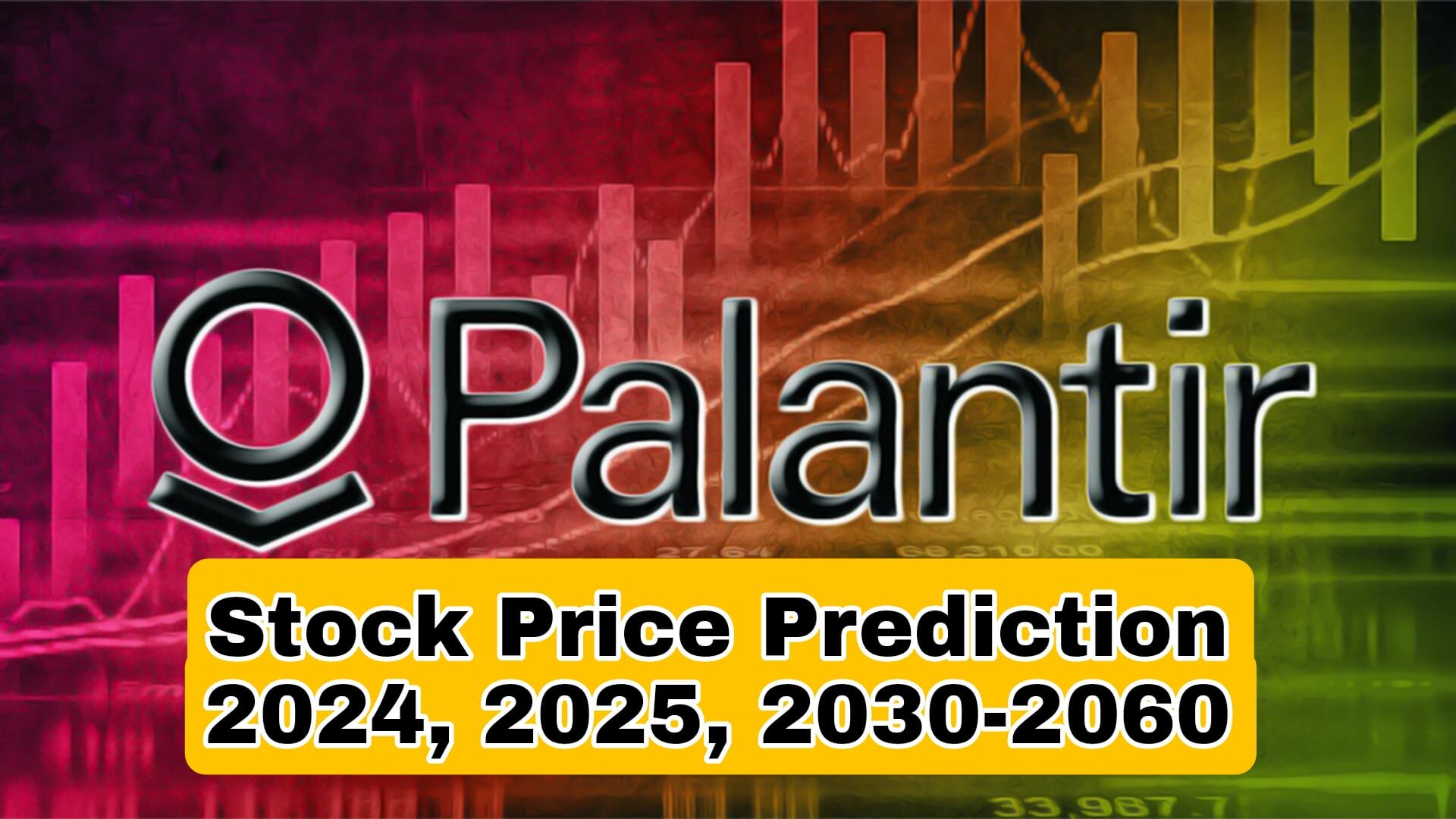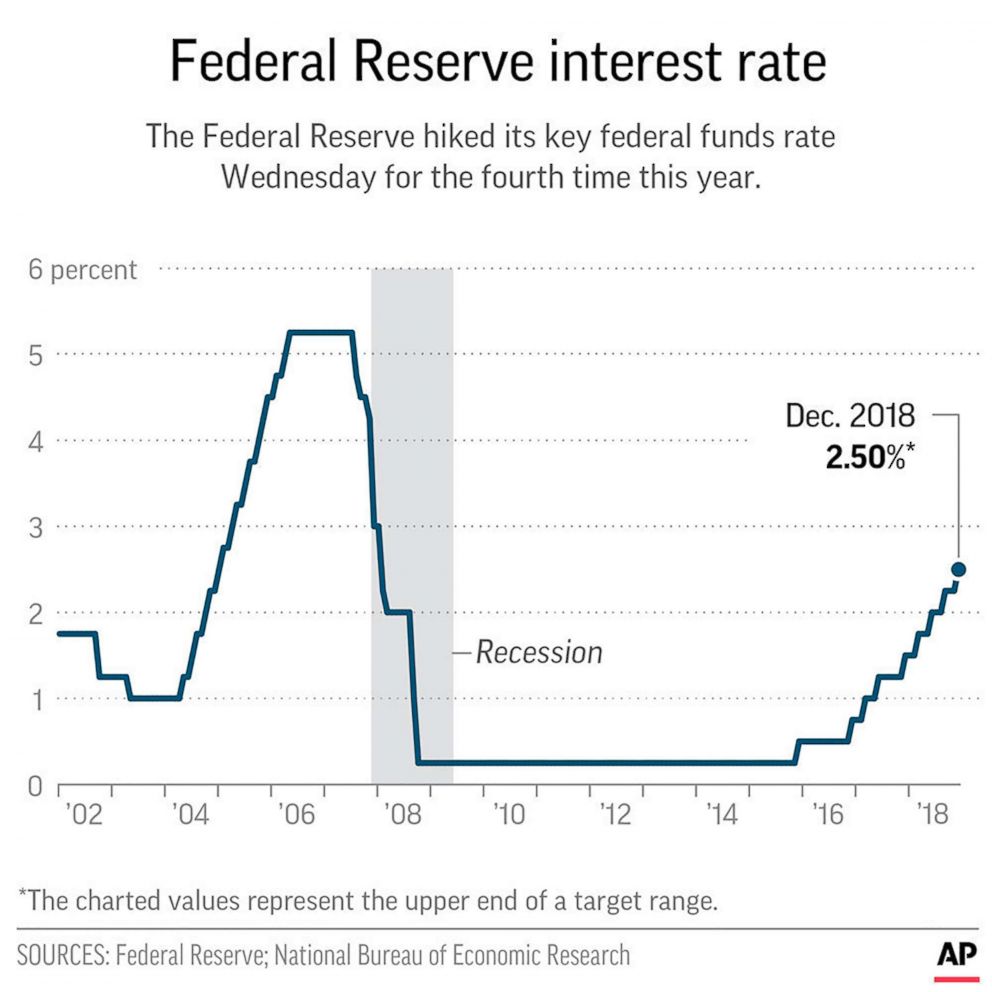French Minister Proposes European Nuclear Shield Collaboration

Table of Contents
Details of the Proposed European Nuclear Shield Collaboration
The specifics of the proposed European Nuclear Shield Collaboration remain somewhat fluid, awaiting further official details and intergovernmental agreements. However, the core concept revolves around a more coordinated and potentially integrated approach to nuclear deterrence among willing European nations. This collaboration wouldn't necessarily involve pooling all nuclear arsenals into a single entity, but rather a significant increase in cooperation across several key areas.
- Specific technologies or weapons systems potentially included: The collaboration could encompass the sharing of intelligence on early warning systems, joint development of next-generation nuclear deterrent technologies, and potentially even joint exercises simulating nuclear responses to various threats. This could involve advanced missile defense systems and improved command and control structures.
- Proposed levels of collaboration: This isn’t just about sharing data; it envisions coordinated deployments in response to threats, joint training exercises to enhance interoperability, and potentially even the sharing of certain critical technologies to improve overall effectiveness and reduce duplication of effort.
- Participating nations: While the specifics remain undisclosed, France, as a nuclear power, is expected to play a leading role. Other European nations with robust defense capabilities are likely to be considered for inclusion, potentially including the United Kingdom and potentially others depending on the level of commitment.
Potential Benefits of a European Nuclear Shield Collaboration
A successful European Nuclear Shield Collaboration offers several significant advantages for European security:
- Enhanced deterrence against potential threats: A unified front, sharing intelligence and resources, presents a stronger deterrent to potential aggressors, reducing the likelihood of attacks. This pooled strength presents a far more formidable challenge than individual nations acting alone.
- Cost-effectiveness through resource pooling: Sharing the considerable costs associated with nuclear deterrence—research, development, maintenance, and deployment—can lead to significant cost savings for participating nations.
- Improved technological advancements through shared research and development: Collaborative research efforts can accelerate technological progress in areas such as early warning systems, missile defense, and command and control, creating a more robust and effective nuclear shield.
- Strengthened political unity and cooperation among European nations: A successful collaboration would foster closer ties between participating nations, strengthening political bonds and reinforcing a sense of shared security within Europe.
Challenges and Obstacles to a European Nuclear Shield Collaboration
Despite the potential benefits, several significant obstacles could hinder the implementation of a European Nuclear Shield Collaboration:
- Concerns about national sovereignty and control over nuclear weapons: Nations are understandably reluctant to relinquish control over their nuclear arsenals, raising concerns about national sovereignty and strategic autonomy.
- Differing national security priorities and strategic goals: European nations have varying geopolitical perspectives and national security interests, leading to potential disagreements on strategic goals and resource allocation.
- Potential disagreements on the allocation of resources and responsibilities: Dividing resources and responsibilities equitably among participating nations will be a major challenge requiring careful negotiation and compromise.
- International legal and regulatory frameworks concerning nuclear weapons: Navigating the complex international legal landscape surrounding nuclear weapons will require careful adherence to existing treaties and agreements, while potentially requiring new ones to govern the collaboration.
Reactions and Responses to the Proposal
The proposal for a European Nuclear Shield Collaboration has elicited a diverse range of reactions. Some nations see it as a crucial step towards bolstering European security in a turbulent world, while others express reservations about the potential challenges and risks.
- Statements from key political figures: Many pro-European voices have voiced support, emphasizing the need for a stronger, unified defense posture. However, skepticism remains among some, raising concerns about costs and the potential for escalation.
- Analysis of the potential geopolitical implications: The implications reach far beyond Europe, impacting relations with Russia and other global powers. Some view the collaboration as a defensive measure, others as potentially provocative.
- Expert opinions on the feasibility and effectiveness of the proposed shield: Experts offer mixed opinions. Some highlight the potential benefits, emphasizing its deterrent value. Others express reservations regarding cost, feasibility, and potential unintended consequences.
Conclusion
The proposed European Nuclear Shield Collaboration presents a complex and multifaceted challenge with the potential for significant impact on European security. While offering potential benefits in terms of enhanced deterrence, cost-effectiveness, and technological advancements, it faces considerable hurdles related to national sovereignty, differing national interests, and international legal frameworks. The diverse reactions to the proposal highlight the significant political and strategic implications involved. The success of this initiative will depend on overcoming these challenges through careful negotiation, collaboration, and a shared commitment to strengthening European nuclear security. To stay informed on this critical development, we encourage you to explore further resources on European Nuclear Security Collaboration, Joint European Nuclear Defense, and Strengthening European Nuclear Deterrence via reputable news sources and expert analyses.

Featured Posts
-
 Understanding The Value Of Middle Management Benefits For Companies And Their Workforce
May 10, 2025
Understanding The Value Of Middle Management Benefits For Companies And Their Workforce
May 10, 2025 -
 The Casting Of David In High Potential Episode 13 An Analysis
May 10, 2025
The Casting Of David In High Potential Episode 13 An Analysis
May 10, 2025 -
 Is A 40 Increase In Palantir Stock Realistic By 2025
May 10, 2025
Is A 40 Increase In Palantir Stock Realistic By 2025
May 10, 2025 -
 U S Federal Reserve Rate Decision And The Mounting Economic Challenges
May 10, 2025
U S Federal Reserve Rate Decision And The Mounting Economic Challenges
May 10, 2025 -
 Fox News Faces Defamation Lawsuit From Ray Epps Over Jan 6 Coverage
May 10, 2025
Fox News Faces Defamation Lawsuit From Ray Epps Over Jan 6 Coverage
May 10, 2025
